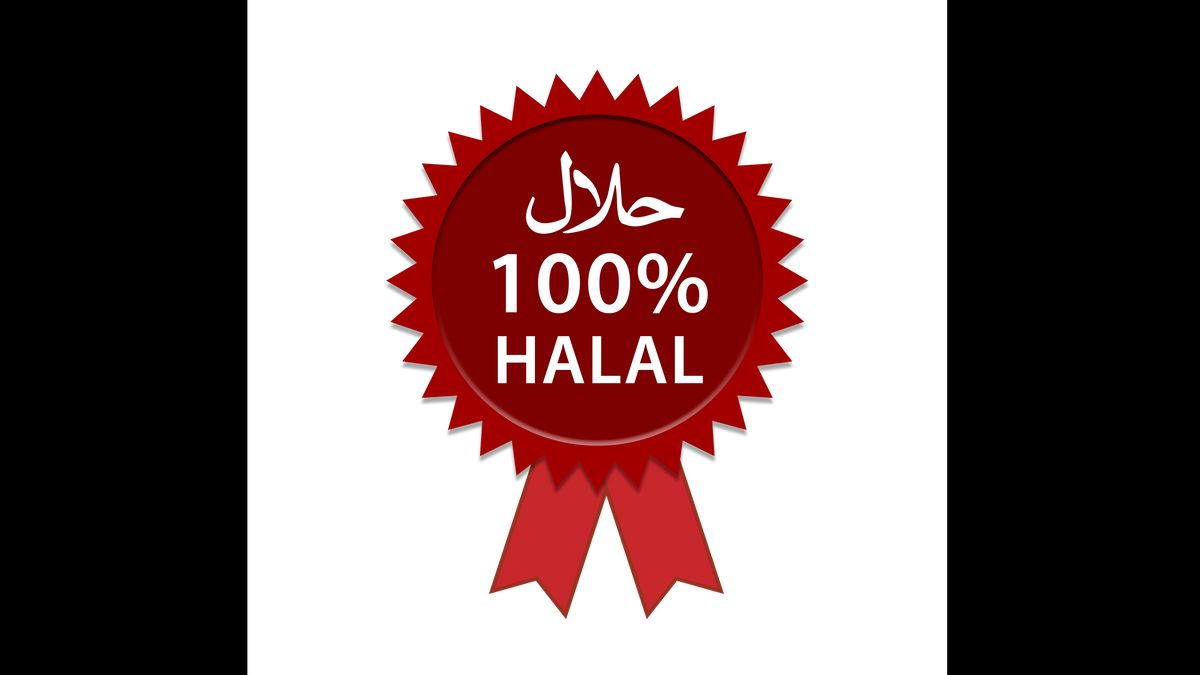JAKARTA - President Joko Widodo (Jokowi) opened a space for the Halal Product Guarantee Agency (BPJPH) to collaborate with community organizations (mass organizations) in issuing halal certificates. This permit is contained in the Omnibus Law on the Job Creation Bill (RUU). However, this rule opens up space for abuse of authority.
Public Policy Expert from Trisakti University, Trubus Rahadiansyah, is of the opinion that this expansion of the authority of the halal certification provider will actually have a negative impact. Because, it will open up space for abuse.
"There is no need to (involve mass organizations). So as not to cause social jealousy as well. Jealousy from other institutions. This is a struggle, as if it were a delicious cake. So everyone claims to be legitimate to test halal products in issuing halal certification," he said, when contacted by VOI, Jakarta, Friday, February 21.
According to Trubus, it would be better if the Job Creation Bill would return the authority to grant certification to the government, in this case the Ministry of Religion (Kemenag). So, rules involving MUI should be abolished.
"So, so that conflicts of interest do not arise, it is better if everything is handled by the government. In this Job Creation Bill, it is better to return the authority of halal certification to the government. Like it or not the government must be ready, in this case the ministry of religion which has the domain," he said. .
Cooperation for the issuance of halal certification is regulated in Article 49 point 3 which revises Article 7 of Law Number 33 of 2014 concerning Halal Product Guarantee.
Article 49 point 3 reads: The provisions of Article 7 are amended so that it reads as follows:
Article 7 (1) In exercising the powers referred to in Article 6, BPJPH cooperates with: a. related ministries and / or institutions; b. LPH; dan c. MUI.
(2) Apart from working together as referred to in paragraph (1), BPJPH can cooperate with Islamic organizations that are legal entities.
(3) Further provisions regarding the cooperation as referred to in paragraph (2) shall be regulated in a Government Regulation.
The article explains, BPJPH can cooperate with Islamic organizations that are legal entities in exercising the authority to administer halal product guarantees, including issuing and revoking halal certificates.
Meanwhile, in the Halal Product Guarantee Law (JPH) in exercising its authority, the Halal Product Guarantee Agency (BPJPH) only collaborates with the Halal Inspection Agency (LPH) and MUI. So there are new rules, namely Islamic organizations that are legally incorporated as parties that BPJPH can cooperate with.
"I am worried that there will be abuse of power, abuse of authority, later emergence of maladministration, extortion, corruption of all kinds. So it is not the product that is of particular concern, instead it switches to non-non-products. So what is dangerous is not the halal quality, it ends up leading to a to another deviation, "he said.
Member of Commission VIII Diah Pitaloka is of the view that halal certification should be a major concern. This rule, he said, departs from experiences in the community which say that the process of obtaining a halal certificate takes a long time. Hence, Diah agreed with this rule.
"We reflect on the experience and input from the public, mass organizations, and the business world. They all say that the process of obtaining a halal certificate takes a long time and costs energy and money. The government wants to cut it to make it easier, in principle the DPR will support it," he said.
According to Diah, the presence of this regulation departs from a fundamental problem, namely regulations that do not complicate the people's economy, especially MSMEs. "In principle, the bureaucracy should not be complicated, concise, fast, and accessible to all people who need it. Do not be monopolized (the certification process). That is why yesterday we created the Halal Product Guarantee Law," he said.
Even so, Diah said, Commission VIII was open to all parties to provide input on halal certification. "Ormas and my experts really hope to give advice. If there is something complicated and needs to be trimmed, just suggest it. We want the public to take care of halal certification to be happy because it is an added economic value, not afraid because of the burden of costs or afraid of complicated rules," said Diah.
The English, Chinese, Japanese, Arabic, and French versions are automatically generated by the AI. So there may still be inaccuracies in translating, please always see Indonesian as our main language. (system supported by DigitalSiber.id)











